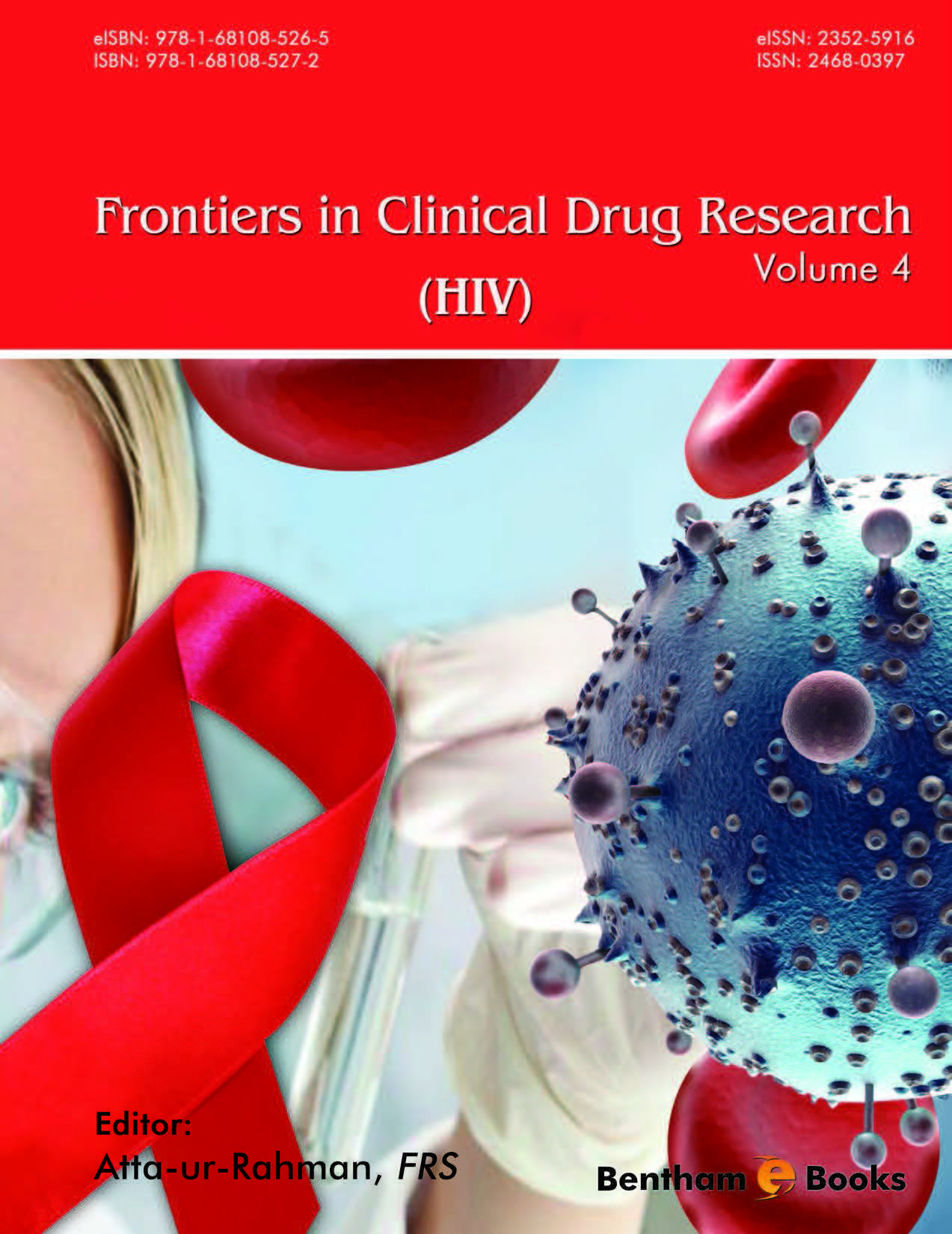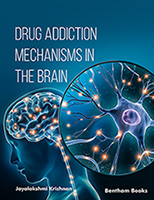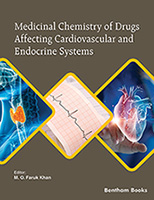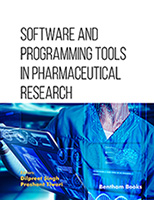Introduction
Frontiers in Clinical Drug Research – HIV
is a book series that brings updated reviews to readers interested in learning about advances in the development of pharmaceutical agents for the treatment of acquired immune deficiency syndrome (AIDS) and other disorders associated with human immunodeficiency virus (HIV) infection. The scope of the book series covers a range of topics including the medicinal chemistry and pharmacology of natural and synthetic drugs employed in the treatment of AIDS (including HAART) and resulting complications, and the virology and immunological study of HIV and related viruses. Frontiers in Clinical Drug Research – HIV is a valuable resource for pharmaceutical scientists, clinicians and postgraduate students seeking updated and critically important information for developing clinical trials and devising research plans in HIV/AIDS research.
The fourth volume of this series features 5 chapters that cover these topics:
- -Design and Synthesis of HIV-1 Protease Inhibitors
- -Potential Magnetic Nanotherapeutics for Management of neuroAIDS
- -Syntheses of FDA Approved Integrase Inhibitor HIV Drugs and Improved Manufacturing using Flow Processing
- -The Development and Clinical Progress on Chemokine Receptor-Based HIV Entry Inhibitors
- -Sexually Transmitted Co-infections in Persons Living with HIV









